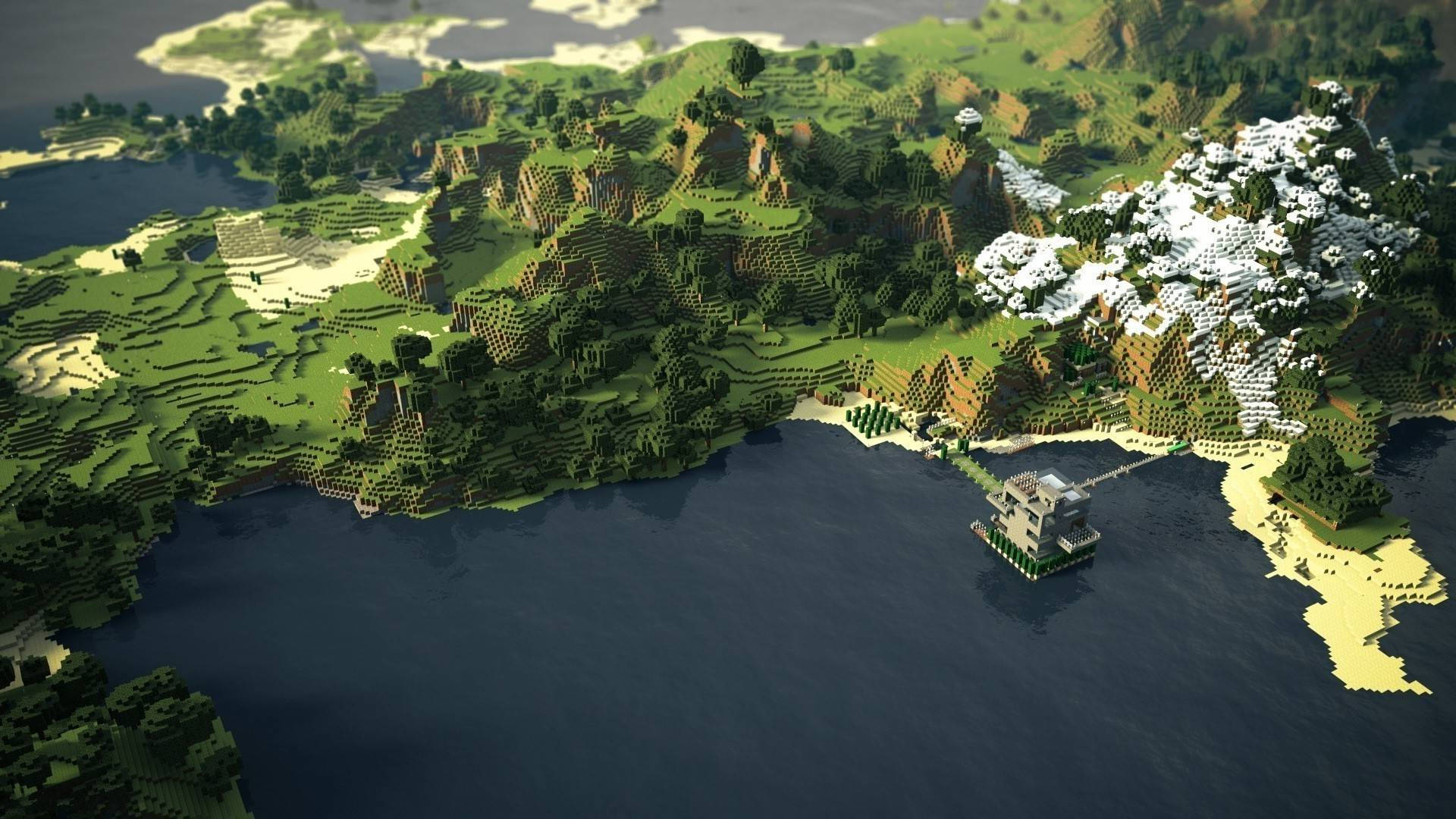Single-Player Open World Adventure Games
Single-player open
world adventure games are immersive experiences that offer players expansive
worlds to explore, intricate storylines, and freedom of choice. The development
of these games involves many varied disciplines including world design,
narrative development, AI programming, and player engagement.
1.
Types of Single-Player Open World Adventure Games
Classic Open World Adventure
These games offer a vast, interconnected world where players can freely explore, complete quests, and engage in various activities. Examples include "The Legend of Zelda: Breath of the Wild" and "Fallout 4."
Development Focus:
- World Design: Crafting detailed and expansive
environments that encourage exploration.
- Narrative Integration: Weaving a compelling story that is
seamlessly integrated into the open world.
- Gameplay Mechanics: Developing mechanics that allow for
diverse interactions with the game world, such as climbing, swimming, and
horseback riding.
Survival Open World Adventure
Games like
"Minecraft" and "Subnautica" focus on survival mechanics
within an open world, where players must gather resources, build shelters, and
manage their health and stamina.
Development Focus:
- Resource Management: Implementing systems for gathering and
utilizing resources.
- Dynamic World: Creating a world that reacts to the
player’s actions, such as weather changes and resource depletion.
- Crafting Systems: Designing robust crafting systems that
enable players to create tools, weapons, and structures.
Innovative Open World Adventure
These games push the
boundaries of traditional gameplay, incorporating unique mechanics or
narratives. "Death Stranding" and "No Man’s Sky" are
examples that blend exploration with innovative gameplay elements.
Development Focus:
- Innovative Mechanics: Introducing new gameplay elements that
differentiate the game from traditional open world adventures.
- Player Engagement: Ensuring that new mechanics are
engaging and enhance the overall player experience.
- Dynamic World: Creating a world that reacts to the player’s actions, such as weather changes and resource depletion.
2.
Development Challenges
Balancing Freedom and Guidance
Maintaining a balance
between player freedom and providing guidance is a significant challenge.
Development Insight:
- Dynamic Quest Systems: Designing quest systems that adapt to
the player's choices and progress.
- World Density: Ensuring that the game world is filled
with meaningful activities and points of interest.
- Player Agency: Allowing players to shape their own
experiences without feeling lost or overwhelmed.
Performance Optimization
Open world games
require extensive optimization to ensure smooth performance across different
systems.
Development Insight:
- Level of Detail (LOD): Implementing LOD techniques to manage
resources efficiently and maintain performance.
- Streaming Systems: Developing robust streaming systems to
load and unload game assets dynamically.
- Optimization Tools: Utilizing profiling and optimization
tools to identify and address performance bottlenecks.
AI and NPC Behavior
Creating believable AI
and NPCs that enhance the player's immersion in the game world.
Development Insight:
- Behavior Trees: Using behavior trees to create complex
and realistic NPC behaviors.
- Dynamic Interactions: Enabling NPCs to interact dynamically
with the player and the environment.
- AI Pathfinding: Developing advanced pathfinding
algorithms to ensure smooth and realistic movement.
3. Technologies and Tools
Game Engines
Powerful game engines
like Unreal Engine and Unity are essential for developing open world adventure
games.
Development Insight:
- Asset Management: Utilizing pre-built assets and plugins
to streamline development.
- Custom Tools: Creating custom tools for tasks such as
terrain generation and quest design.
- Optimization: Ensuring the engine can handle
large-scale environments and complex interactions.
Procedural Generation
Procedural generation
techniques are often used to create expansive and varied game worlds.
Development Insight:
- Algorithms: Developing algorithms to generate diverse
landscapes, flora, and fauna.
- Randomization: Balancing random generation with
handcrafted elements to maintain a coherent and engaging world.
- Tool Integration: Integrating procedural generation tools
seamlessly into the development pipeline.
Narrative Tools
Narrative development
tools are crucial for crafting and integrating the game’s story.
Development Insight:
- Branching Dialogue: Using tools to create branching
dialogue and dynamic storylines.
- Narrative Scripting: Implementing robust scripting systems
to manage story events and player choices.
- Cutscenes: Developing tools for creating and integrating
cinematic cutscenes.
4. Development Methodologies
Agile Development
Open world adventure
games often employ agile development practices to iteratively improve the game.
Development Insight:
- Iterative Design: Continuously refining game mechanics
and world design based on feedback.
- Scrum Framework: Utilizing the Scrum framework to manage
development tasks and milestones.
- Player Feedback Integration: Actively incorporating player feedback
into the development process.
Quality Assurance
Rigorous testing is
essential to ensure the game is polished and free of critical bugs.
Development Insight:
- Automated Testing: Utilizing automated testing tools to
quickly identify and fix issues.
- Playtesting: Conducting extensive playtesting sessions to
evaluate gameplay and identify bugs.
- Compatibility Testing: Ensuring the game works seamlessly
across different platforms and devices.
By focusing on these
areas, developers can create engaging and immersive single-player open world
adventure games that provide a rich and rewarding experience for players.
By: Evaristo Álvarez
References:
-Personal Experience and Knowledge
-Development Methodologies: What are the most popular game development methods? | 5 Answers from Research papers. (n.d.). SciSpace - Question. https://typeset.io/questions/what-are-the-most-popular-game-development-methods-2r9yyvss3l
-Agile Development: Wikipedia contributors. (2024, June 26). Agile software development. Wikipedia. https://en.wikipedia.org/wiki/Agile_software_development




Comentarios
Publicar un comentario